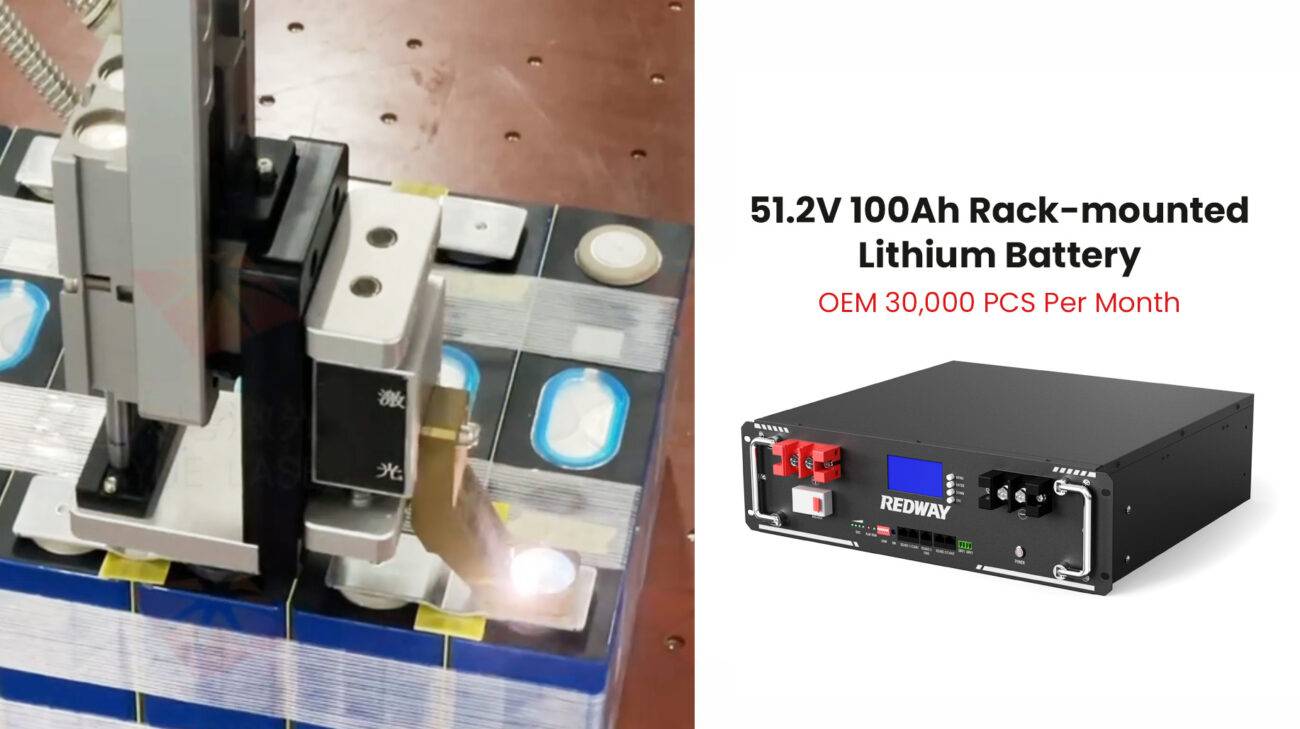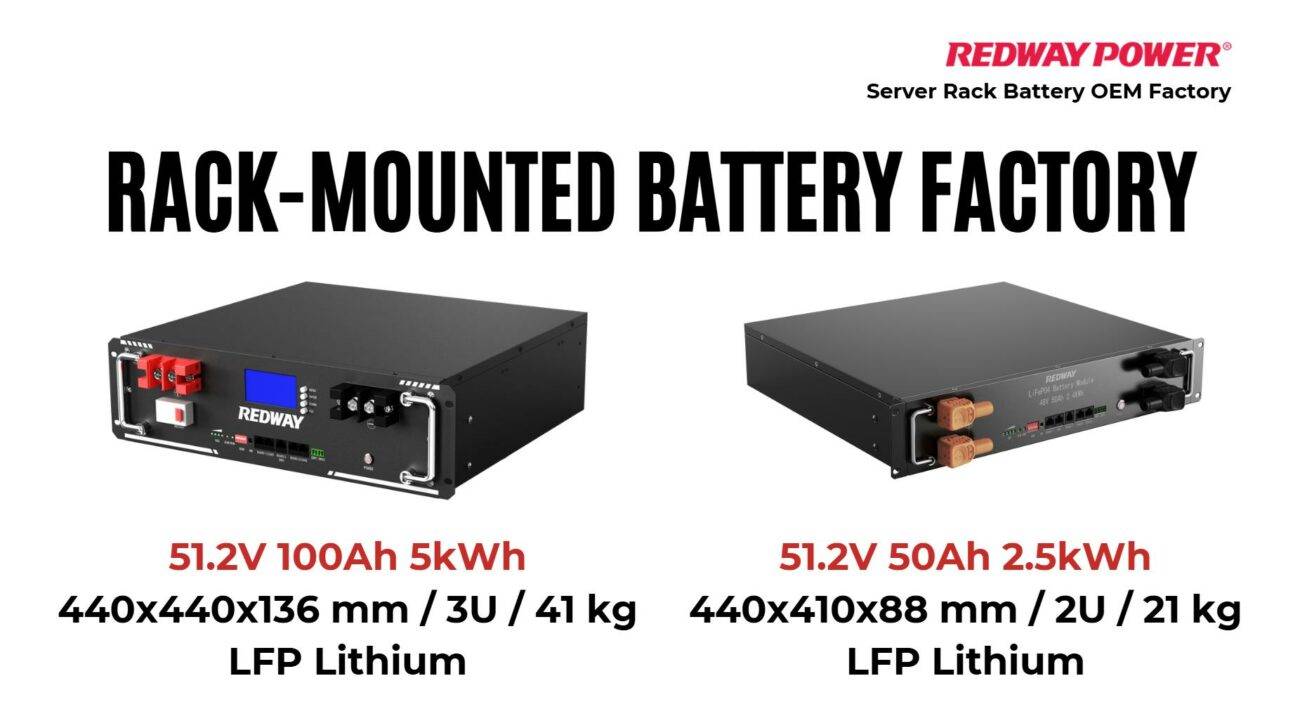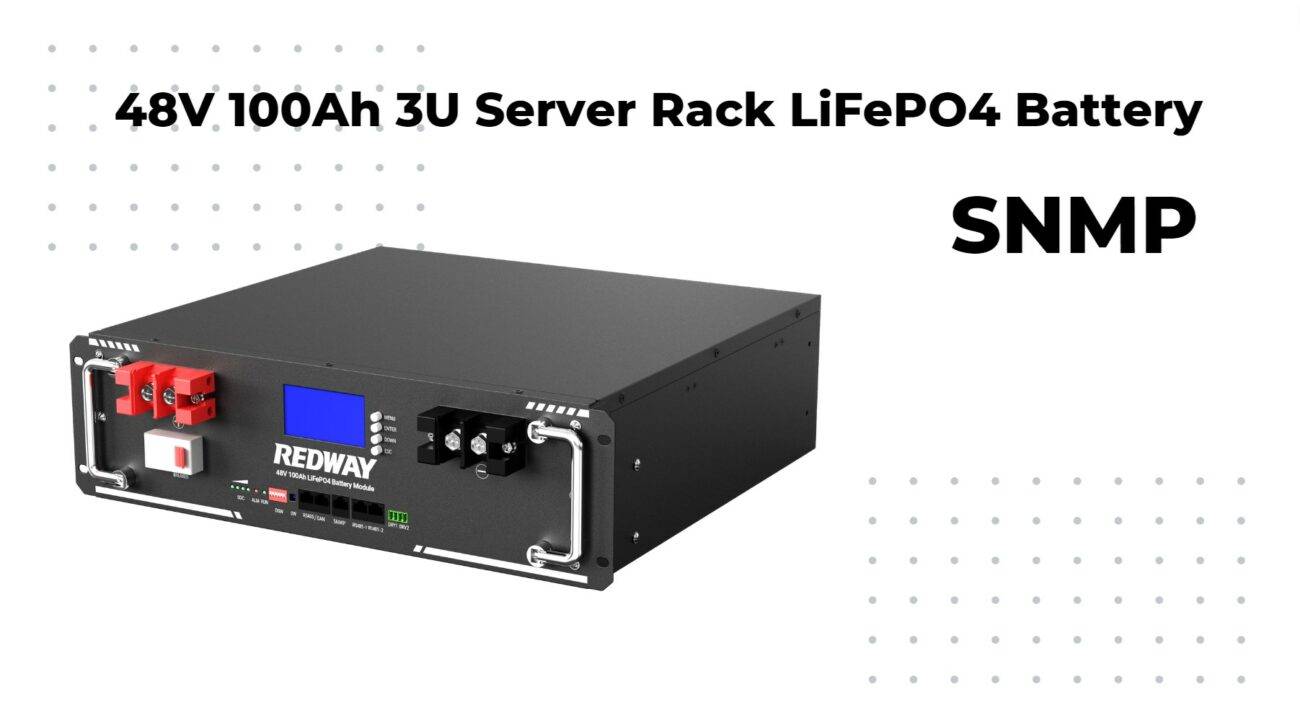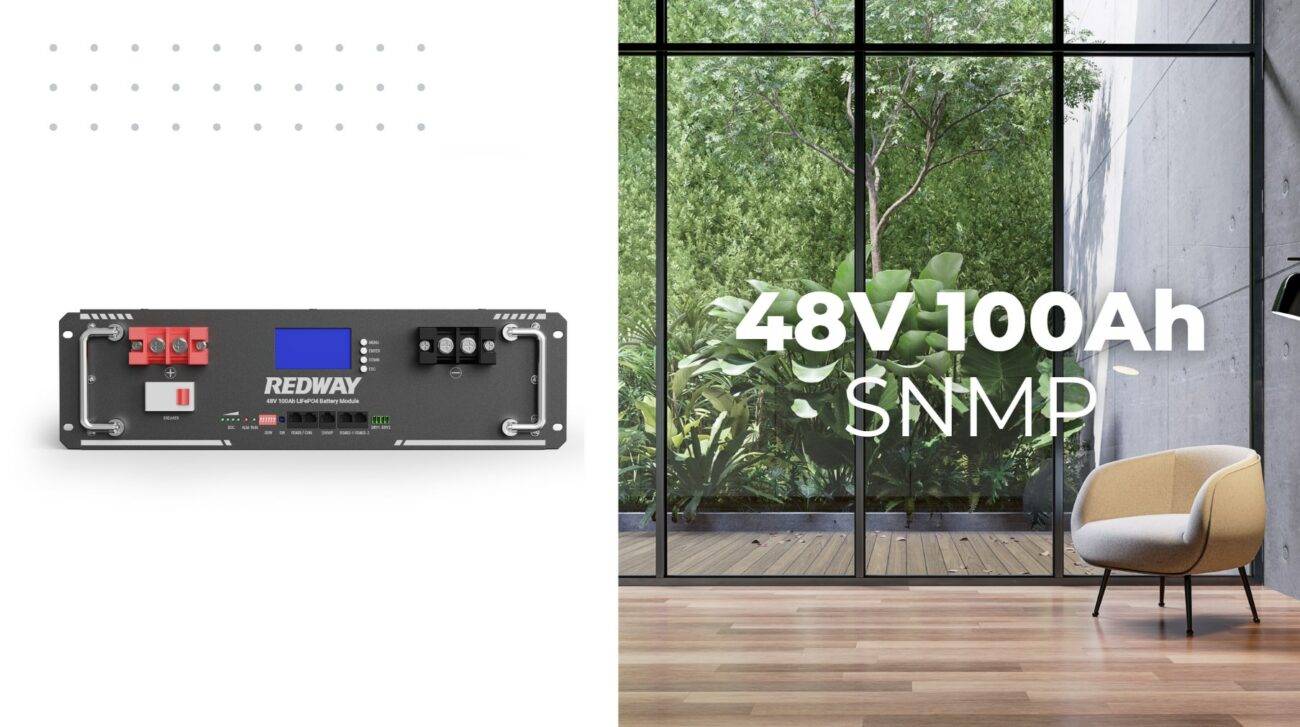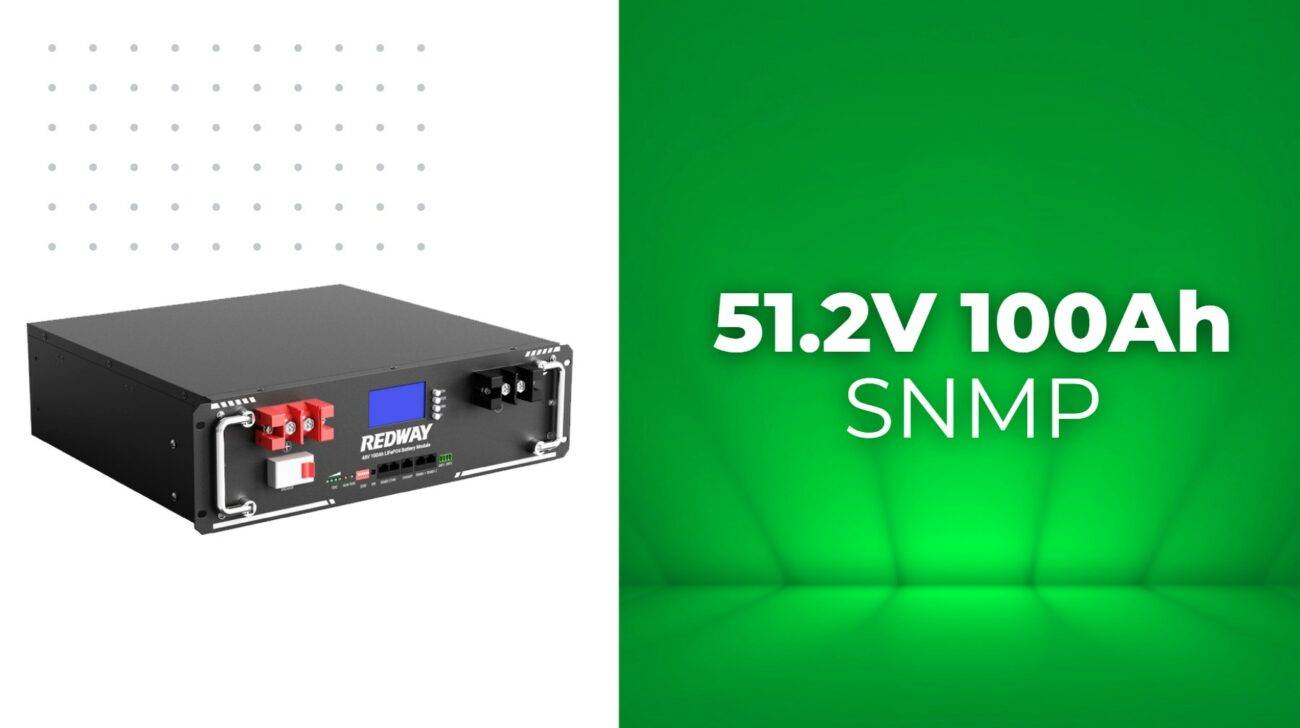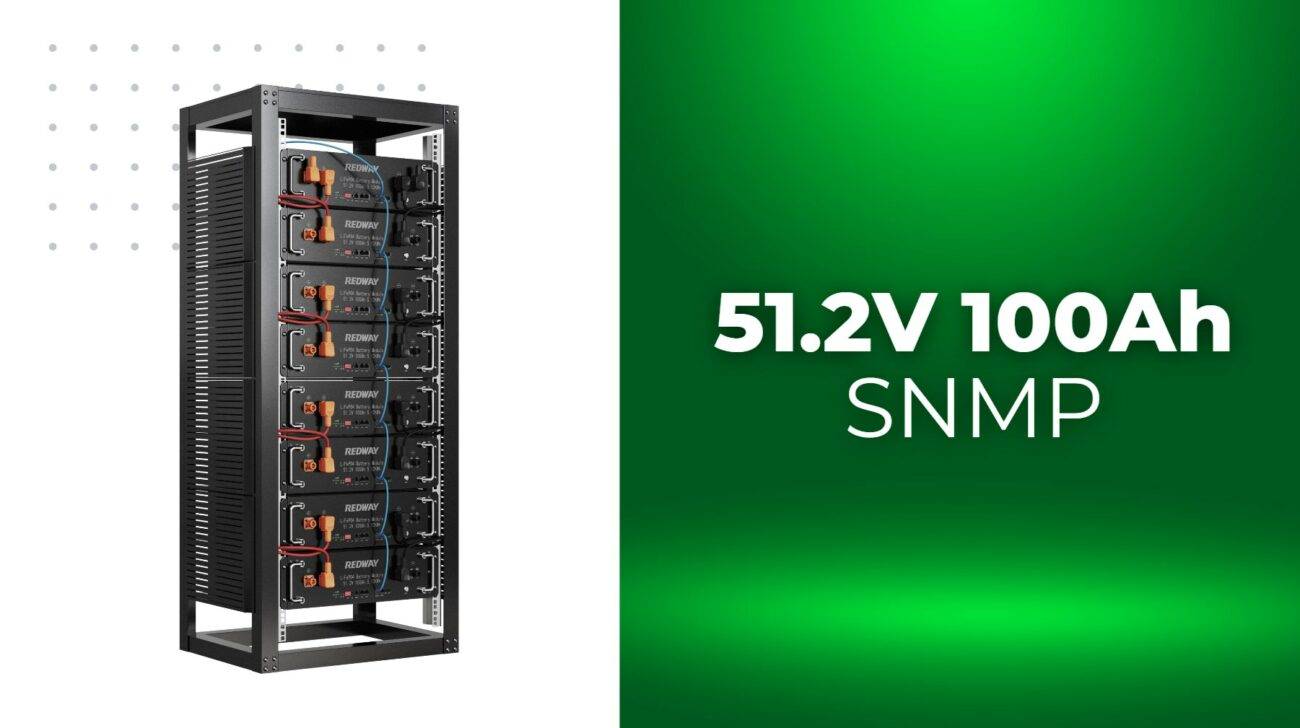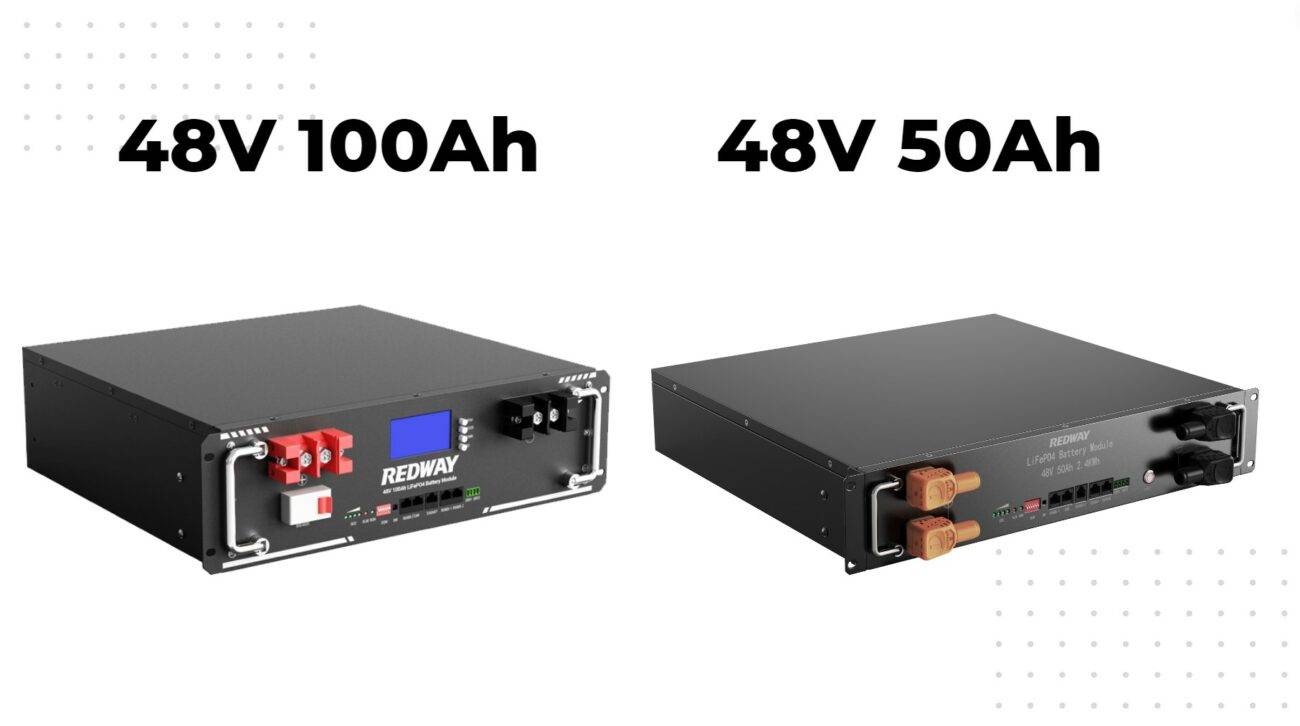- Forklift Lithium Battery
-
48V
- 48V 210Ah
- 48V 300Ah
- 48V 420Ah (949 x 349 x 569 mm)
- 48V 420Ah (950 x 421 x 450 mm)
- 48V 456Ah
- 48V 460Ah (830 x 630 x 590 mm)
- 48V 460Ah (950 x 421 x 450 mm)
- 48V 460Ah (800 x 630 x 600 mm)
- 48V 460Ah (820 x 660 x 470 mm)
- 48V 500Ah
- 48V 560Ah (810 x 630 x 600 mm)
- 48V 560Ah (950 x 592 x 450 mm)
- 48V 600Ah
- 48V 630Ah
-
48V
- Lithium Golf Cart Battery
- 12V Lithium Battery
12V 150Ah Lithium RV Battery
Bluetooth App | BCI Group 31
LiFePO4 Lithium
Discharge Temperature -20°C ~ 65°C
Fast Charger 14.6V 50A
Solar MPPT Charging - 24V Lithium Battery
- 36V Lithium Battery
- 48V Lithium Battery
-
48V LiFePO4 Battery
- 48V 50Ah
- 48V 50Ah (for Golf Carts)
- 48V 60Ah (8D)
- 48V 100Ah (8D)
- 48V 100Ah
- 48V 100Ah (Discharge 100A for Golf Carts)
- 48V 100Ah (Discharge 150A for Golf Carts)
- 48V 100Ah (Discharge 200A for Golf Carts)
- 48V 150Ah (for Golf Carts)
- 48V 160Ah (Discharge 100A for Golf Carts)
- 48V 160Ah (Discharge 160A for Golf Carts)
-
48V LiFePO4 Battery
- 60V Lithium Battery
-
60V LiFePO4 Battery
- 60V 20Ah
- 60V 30Ah
- 60V 50Ah
- 60V 50Ah (Small Size / Side Terminal)
- 60V 100Ah (for Electric Motocycle, Electric Scooter, LSV, AGV)
- 60V 100Ah (for Forklift, AGV, Electric Scooter, Sweeper)
- 60V 150Ah (E-Motocycle / E-Scooter / E-Tricycle / Tour LSV)
- 60V 200Ah (for Forklift, AGV, Electric Scooter, Sweeper)
-
60V LiFePO4 Battery
- 72V~96V Lithium Battery
- Rack-mounted Lithium Battery
- E-Bike Battery
- All-in-One Home-ESS
- Wall-mount Battery ESS
-
Home-ESS Lithium Battery PowerWall
- 24V 100Ah 2.4kWh PW24100-S PowerWall
- 48V 50Ah 2.4kWh PW4850-S PowerWall
- 48V 50Ah 2.56kWh PW5150-S PowerWall
- 48V 100Ah 5.12kWh PW51100-F PowerWall (IP65)
- 48V 100Ah 5.12kWh PW51100-S PowerWall
- 48V 100Ah 5.12kWh PW51100-H PowerWall
- 48V 200Ah 10kWh PW51200-H PowerWall
- 48V 300Ah 15kWh PW51300-H PowerWall
PowerWall 51.2V 100Ah LiFePO4 Lithium Battery
Highly popular in Asia and Eastern Europe.
CE Certification | Home-ESS -
Home-ESS Lithium Battery PowerWall
- Portable Power Stations
Which Battery Company Is Best For Your Needs?

Choosing the best battery company depends on various factors, including application, technology, and reliability. Leading manufacturers like Duracell, Panasonic, and BYD offer diverse products to meet different needs, particularly in lithium-ion technology, which has become increasingly popular due to its efficiency and longevity.
What are the top battery manufacturers in the industry?
The top battery manufacturers include:
- CATL: Leading producer of lithium-ion batteries, especially for electric vehicles.
- LG Energy Solution: Known for high-quality batteries used in various applications.
- Panasonic: Renowned for its partnership with Tesla and innovation in battery technology.
- BYD: A major player in both electric vehicles and energy storage solutions.
- Duracell: Famous for consumer-grade alkaline and rechargeable batteries.
Chart Title: Top Battery Manufacturers
| Manufacturer | Specialty | Key Products |
|---|---|---|
| CATL | Electric Vehicle Batteries | Lithium-Ion Packs |
| LG Energy Solution | Consumer & Industrial Batteries | Lithium-Ion Batteries |
| Panasonic | Automotive Batteries | Lithium-Ion Cells |
| BYD | Electric Vehicles | Lithium Iron Phosphate |
| Duracell | Consumer Batteries | Alkaline & Rechargeable |
How do lithium-ion batteries compare to lead-acid batteries in performance and application?
Lithium-ion batteries outperform lead-acid in several ways:
- Energy Density: Lithium-ion has a higher energy density, meaning it can store more energy in a smaller space.
- Weight: They are significantly lighter, making them ideal for portable applications.
- Cycle Life: Lithium-ion typically lasts longer (up to 10 years) compared to lead-acid (around 3 to 5 years).
- Efficiency: Faster charging times and less energy loss during discharge.
What applications are best suited for lithium-ion batteries, and why?
Lithium-ion batteries excel in applications such as:
- Electric Vehicles (EVs): Their high energy density supports longer ranges.
- Consumer Electronics: Found in smartphones, laptops, and tablets due to lightweight design.
- Renewable Energy Storage: Used in solar systems to store energy efficiently.
- Power Tools: Their quick recharge times make them ideal for portable tools.
What innovations are shaping the future of battery technology and manufacturing?
Innovations include:
- Solid-State Batteries: Offering higher energy densities and improved safety compared to traditional lithium-ion designs.
- Battery Recycling Technologies: Enhancing sustainability by recovering materials from old batteries.
- Fast-Charging Solutions: Developing technologies that allow rapid charging without compromising lifespan.
What safety precautions should be taken when using different types of batteries?
Safety precautions include:
- Following manufacturer guidelines during installation and use.
- Wearing protective gear when handling lead-acid batteries due to acid exposure risks.
- Ensuring proper ventilation when charging any type of battery to avoid gas buildup.
Which battery company offers the best warranty and customer support?
Companies like Panasonic, Duracell, and BYD typically offer robust warranties ranging from 2 to 10 years depending on product lines, along with strong customer support systems that assist users with troubleshooting and maintenance.
How do different battery chemistries impact lifespan and performance?
Different chemistries have distinct impacts:
- Lithium-Ion: High cycle life but sensitive to temperature extremes.
- Lead-Acid: Lower cycle life but robust under various conditions; however, they require regular maintenance.
Are there specific brands known for their reliability and quality in the market?
Yes, brands like Duracell, Panasonic, and Optima Batteries have established reputations for reliability, consistently delivering high-quality products that meet consumer expectations across various applications.Expert Views“Choosing a reliable battery manufacturer is crucial not just for performance but also for peace of mind,” states an expert in energy storage solutions. “Understanding your specific needs will guide you towards selecting a brand that aligns with your requirements.”FAQ Section
- What type of battery is best for my vehicle?
It depends on your vehicle’s requirements; consult your manual or a professional. - How often should I replace my car’s battery?
Generally every 3 to 5 years, but monitor performance closely. - Can I use a lithium-ion battery in place of a lead-acid one?
Yes, but ensure compatibility with your vehicle’s systems. - What should I do if my car won’t start?
Check connections first, then test or replace your battery if necessary. - Are there any environmental considerations with old lead-acid batteries?
Yes, they must be recycled properly due to hazardous materials inside.














